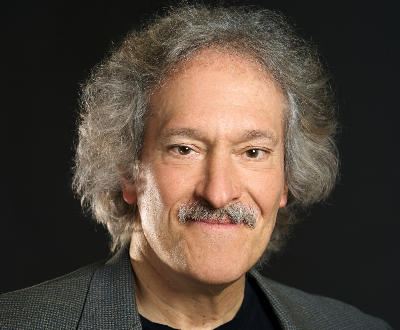Teaching Professor at Center for Jewish Civilization
In Plato’s Cratylus, the question of what words and names are and what language is found their first articulation in Western thought. What is so important to Socrates and Plato–being able to understand what truth, justice, happiness–and ultimately the Good–are requires language. Without it, they imply, we cannot think. Without it we certainly can’t have the dialogues with others necessary to come to a clearer understanding of the world and our place within it. Over the next 2500 years, that perception is expanded by an understanding of the role of words in grammar and syntax (thanks to the Indian thinker, Panini), and an understanding of different languages that connect–or don’t–to each other. Literature evolves as an instrument for–among other things–exploring other languages and cultures and enhancing our grasp of what humans are–and our struggle to consider what lies behind human grasp. How is all of this operative and how is it changing in the present world with the fast-developing reality of AI and its own language–its rapidly advancing ability to understand, and perhaps to transcend, human language? Can it? How do language and literature retain profound importance to us in a changing and yet constant world?
Keywords: Plato, Socrates, language
